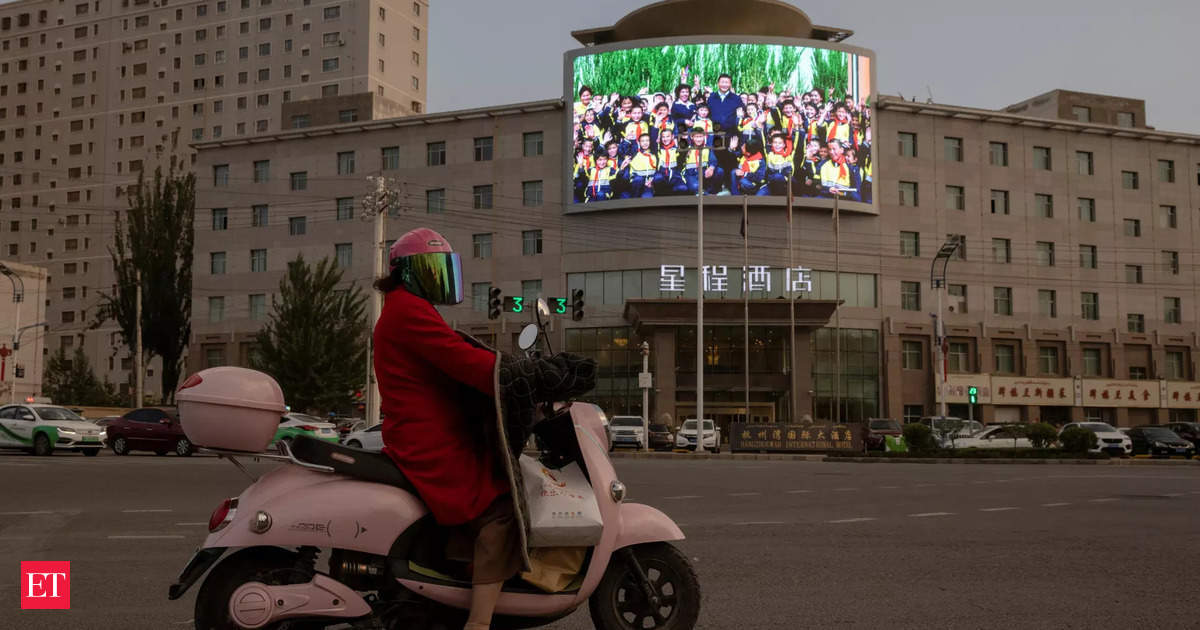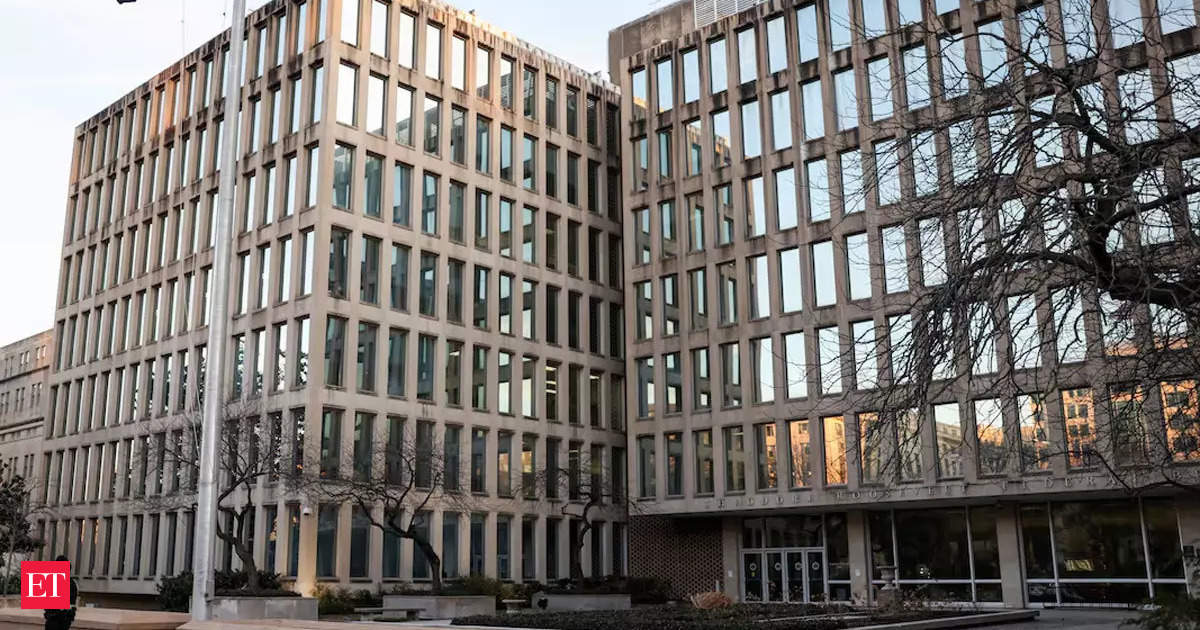Multinational corporations (MNCs) with operations in China are facing increasing pressure to reassess their involvement in the Xinjiang region due to a rise in concerns over human rights violations. Xinjiang, an autonomous region in northwest China, has been under scrutiny due to reports of forced labor, mass surveillance, and human rights abuses against the Muslim Uighur minority population.
Companies such as H&M, Nike, and Adidas have come under fire for their ties to Xinjiang, facing consumer boycotts and government pressure. In response, many MNCs are now conducting thorough investigations into their supply chains to ensure they are not inadvertently supporting human rights abuses.
The growing global awareness and condemnation of the situation in Xinjiang have prompted these companies to rethink their operations in the region. They are now considering the potential reputational damage and backlash from consumers and investors who are increasingly demanding corporate social responsibility and ethical sourcing practices.
Moreover, the ongoing geopolitical tensions between China and several western countries have also contributed to the MNCs’ reconsideration. As governments impose sanctions and restrictions on goods produced in Xinjiang, companies fear being caught in the crossfire and facing financial and regulatory consequences.
However, the decisions made by MNCs regarding their Xinjiang connect are not without challenges. The complexity of supply chains, dependence on Chinese labor, and fears of retaliation from the Chinese government pose significant obstacles. Companies must carefully balance their ethical responsibilities and financial interests to navigate this delicate situation.
In conclusion, multinational corporations operating in China are being forced to reevaluate their ties to the Xinjiang region due to increasing concerns about human rights violations and the potential impact on their reputation. These companies are under pressure from consumers, investors, and governments to ensure their supply chains are free from involvement in the reported human rights abuses. The decisions made by these MNCs will have far-reaching implications, potentially reshaping the business landscape in China and beyond.











